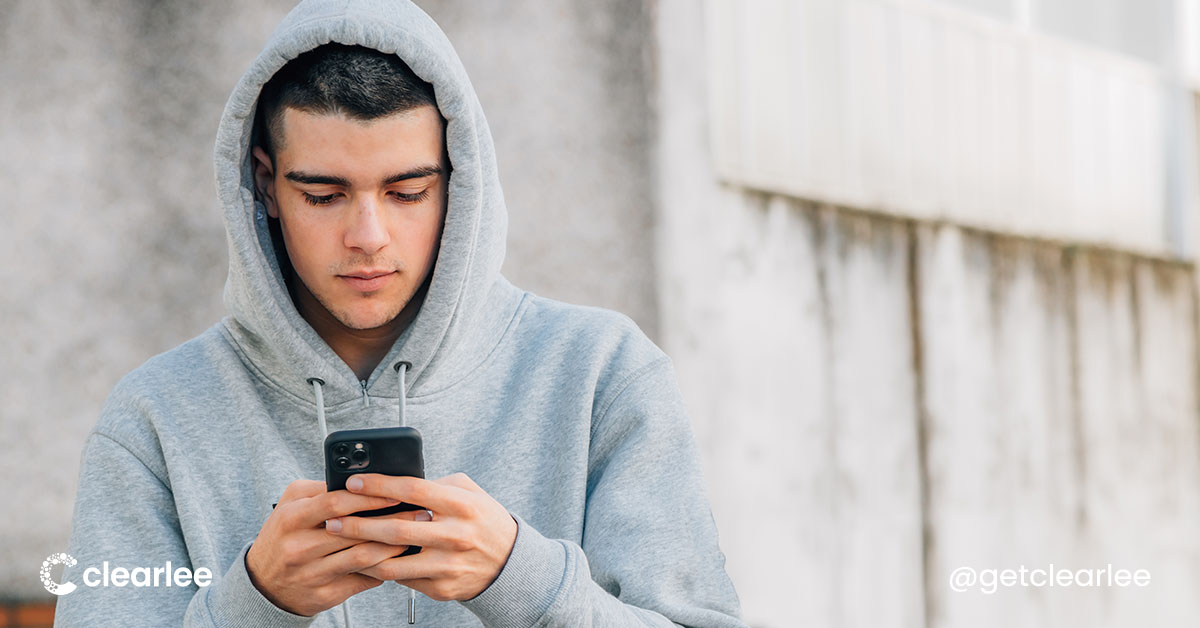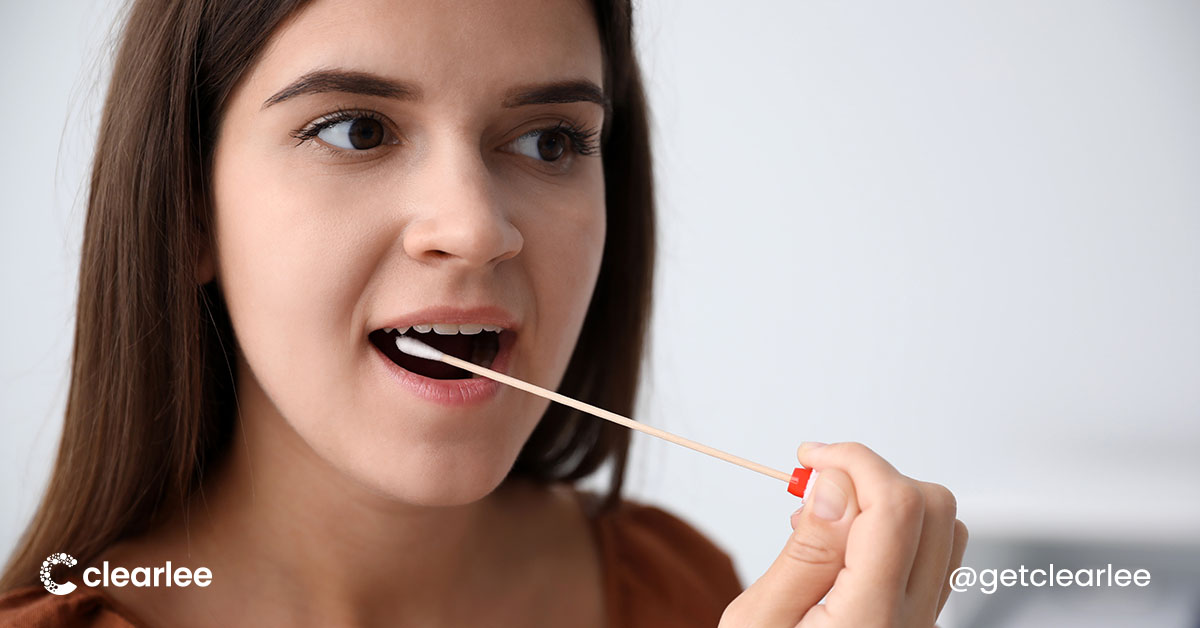There are some subjects that are inherently fraught. Along with politics, money, and religion, drug testing tends to be a topic people either tiptoe around or avoid altogether. But if your loved one is showing signs of drug use, abuse, or addiction, testing could be the tool that helps set them on the path to recovery.
And if your loved one is not using but you are concerned they might start, drug testing can serve as a powerful deterrent, helping them to make healthier choices now and in the future.
So, how do you broach the subject of drug testing without igniting conflict, debate, or protest? Here are some tips to help ensure a supportive and productive conversation:
Be prepared
Educate yourself on the adverse effects of different drugs, as well as addiction, its causes, and treatments. Make sure you know the possible benefits of drug testing, as well as the options available. Many people automatically associate drug testing with peeing in a cup, but thankfully, there are more discreet and dignified options.
For example, Clearlee uses remote, saliva-based testing. The Clearlee smartphone app guides your loved one through the sample collection process, verifying results through a combination of facial recognition technology and human review. Results are sent directly to your loved one and their identified support people, typically within one hour of testing. The collective result is a simple, convenient, and dignified testing experience.
Use “I” statements
Focus on expressing your own feelings, thoughts, and experiences rather than making statements that could be perceived as accusatory or judgmental. You can start by acknowledging the emotions that your loved one’s drug use (or risk of drug use) elicits. For example, “I am concerned about…” or “When you come home high, I feel…” Specify the behavior or situation that causes you to feel this way instead of blaming it on the person.
Avoid drawing a “line in the sand”
Drawing a line in the sand is equivalent to giving an ultimatum, and the consequences are often just as destructive to a relationship. Saying things like, “If you use one more time, I’m filing for a divorce!” indicates that there is no room for negotiation or compromise. It can lead your loved one to adopt a similarly rigid stance, making it difficult to find common ground. In addition, a line in the sand might discourage your loved one from telling you the truth about their drug use, since instead of anticipating support, they fear consequences.
Instead of using an ultimatum, which creates a “you or me” mentality, try approaching the subject from a place of “we.” Highlight the ways that drug use and abuse affect the whole family, and reframe testing as an opportunity to rebuild relationships and create a safe environment for all.
Explain the benefits
Help your loved one see how drug testing will benefit them. For example, it might help to reestablish trust or decrease conflict in the home. Explain that you want to help your loved one develop healthier coping skills and achieve long-term physical and mental wellness.
Although you might feel tempted to offer additional incentives like material rewards or privileges, this tactic often backfires by encouraging your loved one to focus on short-term, external motivations instead of long-term, internal motivators. Incentives also imply that your loved one isn’t capable of making healthy decisions on their own.
Show you have “skin in the game”
Your loved one may be more likely to agree to drug testing if they know that you are making some sort of sacrifice in the name of relationship-building or self-improvement. For example, you could explain that you are going to therapy to get better at dealing with stress so that you don’t take it out on family members. Explain to your loved one that everyone has something that they are working on, and although change can be difficult, you are going to “walk the walk” in addition to “talking the talk.”
Show support
Offer to support your loved one in obtaining whatever they might need to stay healthy. For example, you could gather a list of mental health professionals who specialize in drug use disorders or host substance-free parties for your loved one and their friends. Ask your loved one what type of support would be helpful. Listen to and validate their questions, concerns, and challenges. And don’t forget to celebrate your loved one’s successes, no matter how small they may seem!
Conclusion
Drug testing is a sensitive topic, but approached with the proper care and consideration, it could be an opportunity for more open and honest communication, eventually building trust between you and your loved one. By educating yourself about drug use and abuse, validating your loved one’s perspective, and demonstrating commitment to both your and your loved one’s self-improvement, you can help to create a safer, healthier environment for all.
Keep Reading
Want more? Here are some other blog posts you might be interested in.
The First Reliable Unobserved Drug Test
When Liz Read learned that a family member was struggling with ...
Rapid Saliva Testing: The Fast Track to Wellness in the Workplace
For decades, companies and organizations have used drug testing to ensure safe ...
Remote, Rapid Saliva Testing in Court: The Supplemental Tool
Drug tests have long been used in court for a variety of ...
Want to learn more about Clearlee?





